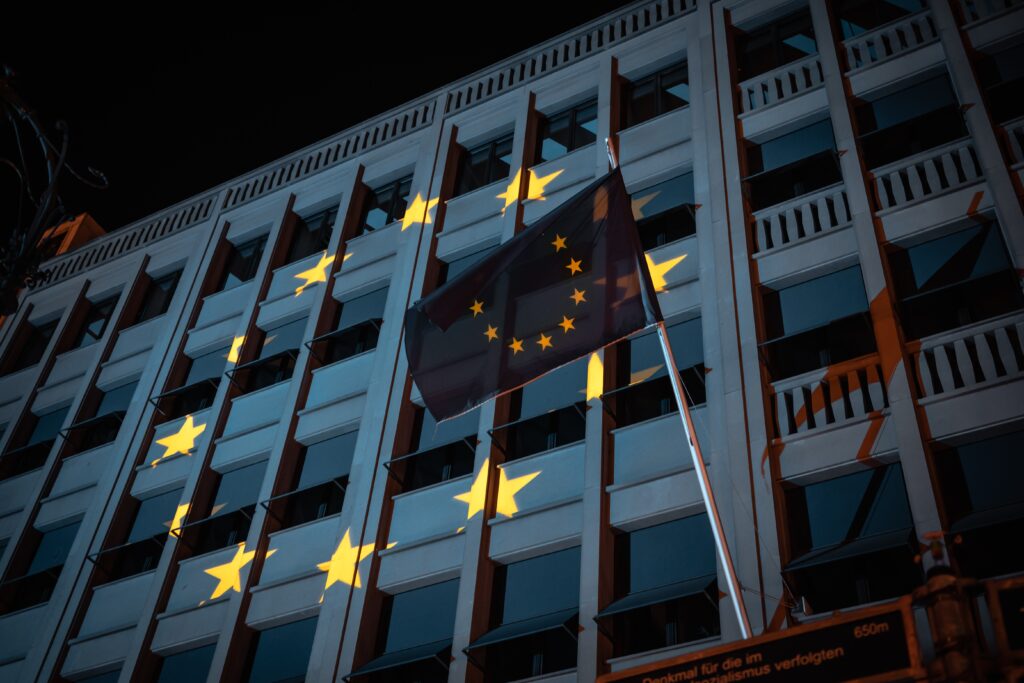Summary
The stakes of the 2024 European parliamentary elections lie in whether there will be a turnaround in the European Union: whether the federalist forces will continue unhindered in organizing the European Union into a supranational state or if representatives of national interests will gain influence in European decision-making.
-
According to public opinion research data from the Nézőpont Institute, the Fidesz-KDNP list can overwhelmingly win the EP elections in Hungary with a support rate of 51%, making Fidesz the most popular right-wing party in the European Union. Based on this, Hungarian parties can expect a similar number of mandates as in 2019, with the only likely change being that Mi Hazánk will obtain a mandate instead of the MSZP.
-
The European election results may resemble those from four years ago: based on public opinion research results from the 27 member states and various electoral systems, a weakening of the Greens and the liberal Renew Europe can be expected, while the European Conservatives may strengthen in June next year. However, this will not be sufficient to rearrange the power dynamics in the EP, and there is every chance that the federalist coalition of the “United States of Europe” will continue to exist.
-
In addition to the EP elections, national elections in each member state are equally important, as the Council, consisting of heads of state and government ministers, is a co-legislator with the European Parliament. In fact, in many important matters, such as the nomination of the Commission President, the Council acts alone. The European turning point will actually be determined by three decisive national elections: Slovakia in September 2023, Poland in October or November, and Spain in December. Currently, it is likely that sovereignist parties on the right or left may form governments in all three member states. A sovereignist majority is not expected in the Council, but a sovereignist blocking minority is possible.
-
The intelligent use of the veto will continue to be an important tool for asserting interests in the decision-making of the European Council, providing guarantees for preventing decisions made over the heads of small and medium-sized member states. In the case of unanimous decisions requiring unanimity, sovereignists will retain their veto power, as in the case of the Polish-Hungarian alliance, for example.
-
In the case of decisions requiring a qualified majority, a lasting veto alliance can also be formed among the Visegrád Group, as well as through the Italian and Spanish leaders if the national elections go as expected. This blocking minority can be supplemented by others on specific issues, such as migration, with the Austrians, Bulgarians, or Croats.
-
When nominating the Commission President, a sovereignist veto alliance may also operate when applying the qualified majority, either by organizing the aforementioned blocking minority or by the cooperation of eight member states, regardless of their size.
The remaining political year until the 2024 EP elections may bring minimal change in the EP but can bring radical changes in the Council. The Slovaks, Poles, and Spaniards will decide on all this. One thing is certain: based on current knowledge, there is every chance of the formation of a sovereignist veto alliance, which would result in a significant and real turnaround in the EU.
The presentation shown on the day of the event is available at the following link.

